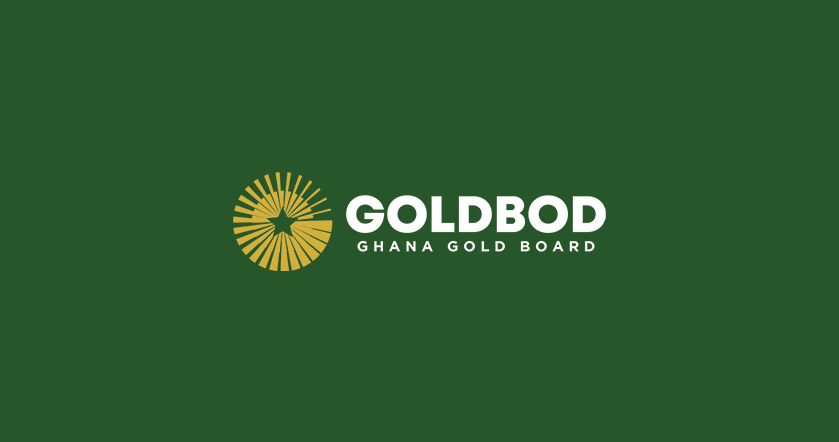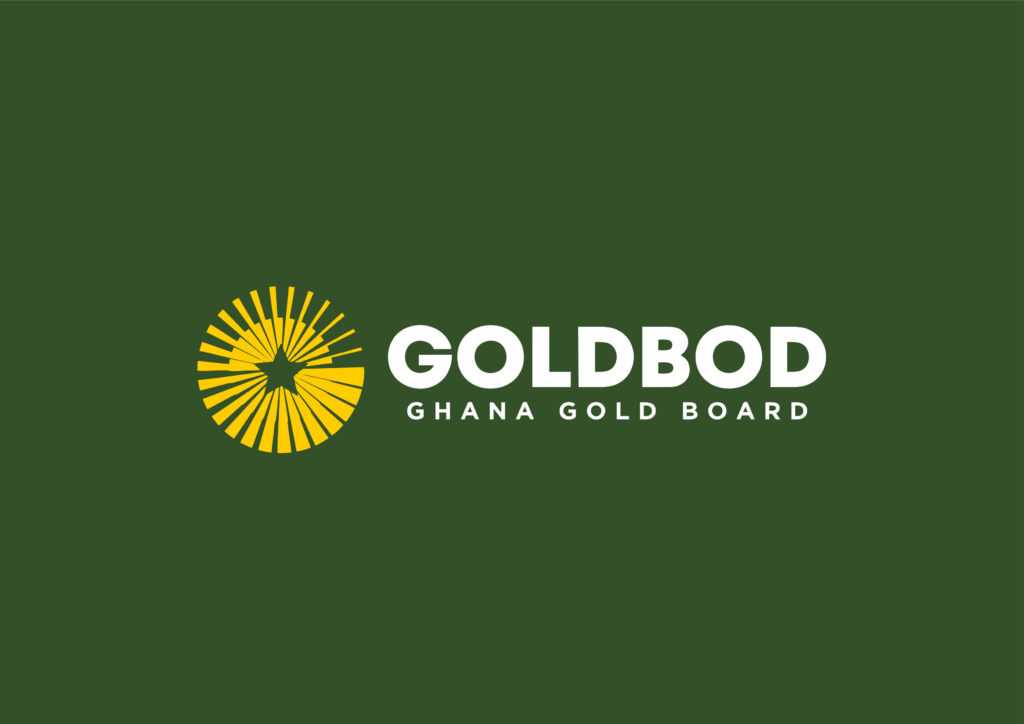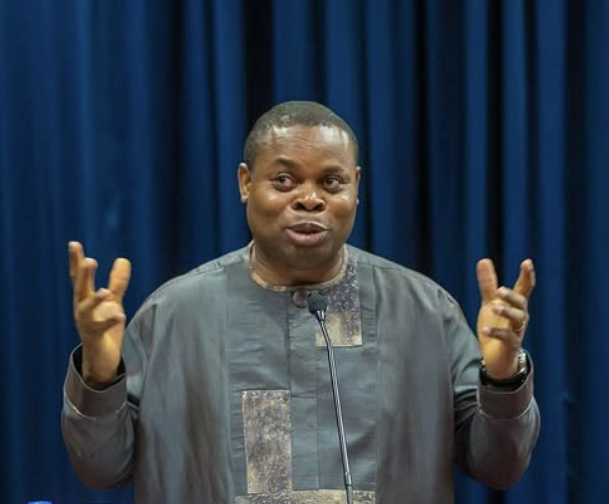Ghana’s central bank gold reserves climbed to 37.06 tonnes by the end of September 2025, driven largely by the new Ghana Gold Board (GoldBod) and its domestic procurement strategy.
This uptick, a 21.3% increase from 30.53 tonnes in January, signals a bold push to recast gold as more than a mining export: a strategic reserve buffer.
Before the recent spike, the Central Bank, in 2023 could only boast of an 8.78 tonnes of gold reserves which had a marginal effect of strengthening foreign reserves, enhance currency stability and build resilience against global financial shocks.
A NEW GOLD REGIME
GoldBod was established in early 2025 under Act 1140 to centralize Ghana’s gold trade, particularly from the artisanal and small-scale mining (ASM) sector.
Its mandate is wide: buy, assay, grade, export, license, and enforce traceability.
In August, reserves had already reached 36.02 tonnes, a record at the time. However, the momentum continued.
In September, GoldBod’s Domestic Gold Purchase Program is credited with increasing acquisitions, leading to a closer alignment between national production and reserve buildup.
“We are dedicated to transforming Ghana’s gold trading industry to maximize national benefits through responsible sourcing, supply chain traceability, value addition, and sustainability,” declared CEO Sammy Gyamfi ESQ. in a recent statement.
Under his leadership, GoldBod asserts that measures like suspending questionable licenses and enforcing stricter compliance are key to preventing leakage.
SMALL-SCALE MINING TAKES CENTRE STAGE
One of GoldBod’s defining shifts is its focus on the Artisanal Small-scale Mining sector( not illegal mining).
In a development milestone, small-scale exports overtook large-scale exports for the first time this year, a change attributed to the new framework under GoldBod.
Finance Minister, Cassiel Ato Forson noted Ghana had secured agreements with nine additional mining companies to deliver 20% of their output to GoldBod.
The ripple effect: in its first full month of operation, GoldBod generated US$1.17 billion in foreign exchange by exporting over 11 tonnes of gold.
BOLSTERING RESILIENCE IN UNSTABLE TIMES
With global markets roiling and demand surging, Ghana’s gold reserves are assuming a role beyond mere asset accumulation.
As global gold prices broke the US$4,000/oz mark in 2025, gold turned into a safe-haven bet.
In this landscape, GoldBod’s interventions help stabilize Ghana’s foreign exchange exposure and moderate pressure on the cedi.
GoldBod’s own narrative frames this as part of Ghana’s “Golden Comeback.” In a recent article, they cite US$897.6 million in gold exports in April 2025, reinforcing the agency’s intention to transform price windfalls into structural gains.
QUELLING DOUBTS, FACING CHALLENGES
Yet not everyone is convinced. Dr Steve Manteaw, co-chair of Ghana’s Extractive Industries Transparency Initiative, publicly rejected claims that GoldBod buys gold cheaply. “GoldBod is not buying gold at a discount,” he stated, attributing price variations to foreign exchange shifts, not institutional undercutting.
GoldBod’s critics also warn about overlapping roles as regulator, trader, and enforcer, and the potential for conflicts. Some analysts caution that guaranteeing a government buyer could unintentionally promote environmental degradation.
Still, traditional leadership has shown support.
The Asantehene recently commended the CEO for defending Ghana’s interests in the gold sector, framing GoldBod’s mission as one of national stewardship. “We have to be true to ourselves and admit that we have not done a good job of representing and protecting ourselves in the global market…” he asserted.
LOOKING AHEAD
When GoldBod refines its governance, maintain price discipline, and ensure environmental safeguards, Ghana will be rewriting how resource nations perceive gold: not just a mineral to export, but a stabilizing asset to anchor macroeconomic resilience.
The 37.06-tonne mark is not an end; it is the opening act of a new design for wealth.




